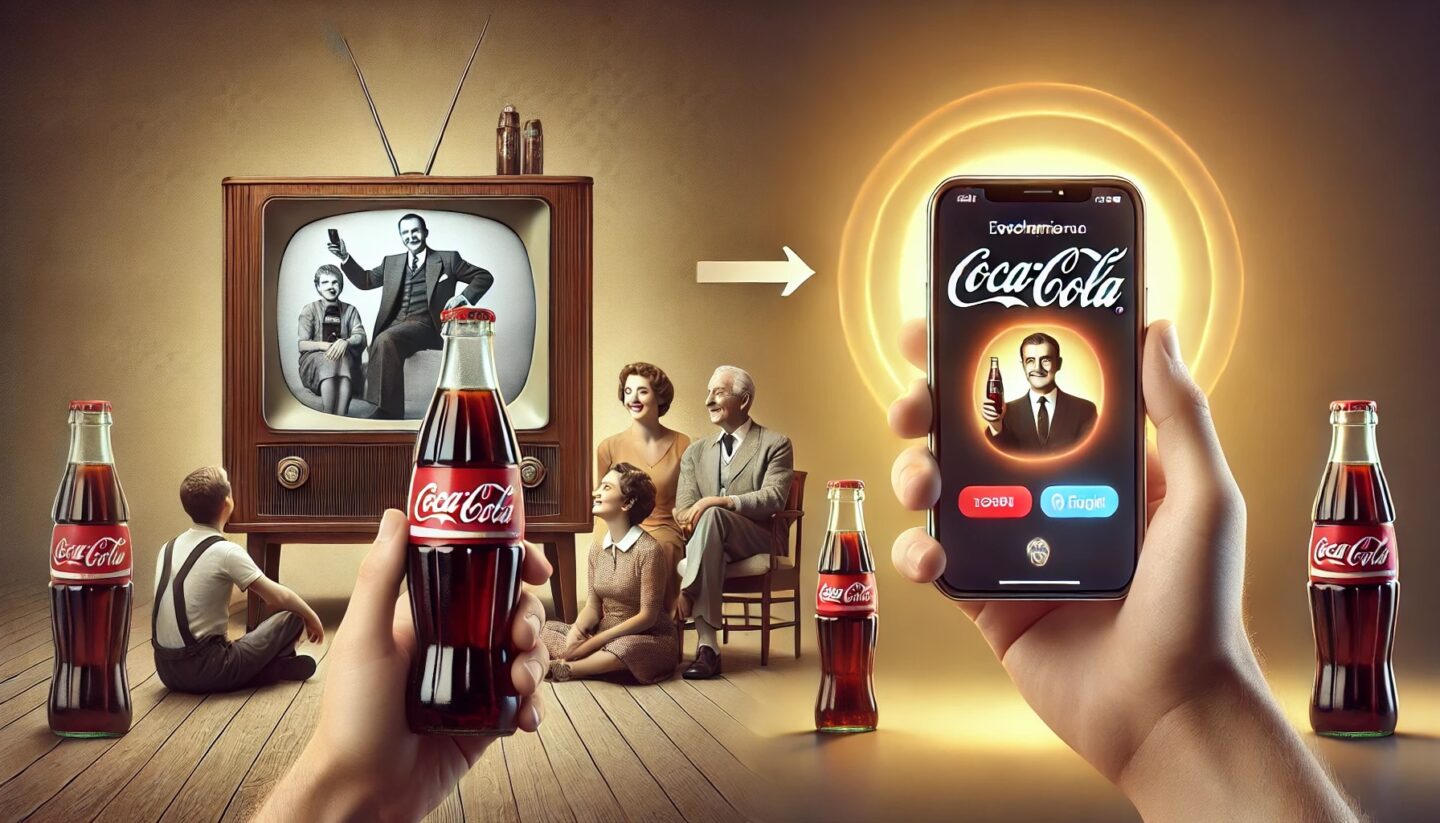
Why FMCG Brands Struggle to Build Customer Loyalty
Fast-Moving Consumer Goods (FMCG) brands are the masters of mass-market appeal, but when it comes to building direct relationships with individual customers, they often fall short. While their products dominate supermarket shelves, their ability to retain customers lags due to a lack of actionable insights into consumer behavior.
Let’s dive deeper into the challenges and solutions FMCG brands face in creating meaningful connections with their customers.
The Missing Link: From Mass Media to Individual Customers
Understanding the Disconnect
Mass advertising, such as TV campaigns or billboard ads, is excellent at creating awareness but fails to provide the granular data FMCG brands need to foster deeper customer engagement. Here’s why:
- No Direct Data Streams: Retailers own the point-of-sale data, leaving FMCG brands in the dark about who their customers are.
- Broad Messaging: Ads are designed for mass appeal, making personalization nearly impossible.
- Limited Follow-Up: After the purchase, there’s often no system in place to re-engage or retain customers.
The Cost of this Disconnect
- 96% of ad viewers forget brand ads within three days (Source: Neuroscience Marketing, 2023).
- 80% of consumers say personalization influences their loyalty (Source: Epsilon: Personalization Research, 2024).
These statistics reveal a critical gap between awareness and retention. Without direct engagement, FMCG brands risk losing relevance in an increasingly data-driven marketplace.
The Data Dilemma: Why FMCG Brands Struggle with Retention
Unlike e-commerce or D2C businesses, FMCG brands often rely on intermediaries like retailers to sell their products. This structure creates several challenges:
1. Limited Personalization
Without customer-specific data, FMCG brands cannot create tailored messages or experiences that resonate on a personal level.
2. Inefficient Marketing Spend
Broad, untargeted campaigns often lead to wasted advertising spend with minimal ROI.
3. Lack of Predictive Insights
Retail data typically offers historical insights, but without access to real-time analytics, predicting customer behavior becomes challenging.
What Matters Most: Breaking Down Engagement and Retention
To build better relationships and long-term loyalty, FMCG brands must focus on five key pillars:
Cost Reduction
Automating repetitive tasks like inventory management and reporting allows brands to reinvest resources into strategic initiatives.
- Example: Nestlé reduced manual reporting costs by 30% by integrating AI-powered analytics tools (Nestlé Digital Transformation Insights).
Customer Insights
AI-driven tools can analyze trends and preferences even without direct customer data. For instance:
| Tool/Platform | Insights Provided | Impact |
| Retailer Loyalty Cards | Purchase frequency, preferences | Tailored product launches |
| Social Media Analytics | Sentiment analysis | Adjusted tone in marketing |
| AI Market Scanners | Competitor pricing trends | Improved promotional strategies |
Personalized Engagement
Brands must go beyond generic messaging to create relevant, meaningful interactions.
- Example: PepsiCo’s AI-enabled vending machines suggest beverages based on weather and location, offering a localized, personalized experience (PepsiCo AI Innovations).
Scalability
Campaigns need to flexibly adapt to the size of their audience or target market.
- Graph Example: A bar chart comparing ROI from small and large markets highlights the efficiency of modular campaign designs.
Measurable ROI
Tracking metrics like retention rates and churn reduction is critical to evaluating success.
- Example: Coca-Cola’s use of AI dashboards boosted retention by 4% through targeted campaigns (Coca-Cola AI Case Study).
Strategies for Success
FMCG brands can overcome the data gap and foster better customer relationships by implementing these strategies:
1. Develop Direct-to-Consumer (DTC) Channels
Building DTC platforms allows brands to collect first-party data and engage customers directly.
- Case in Point: L’Oréal’s personalized e-commerce platform resulted in a 27% increase in customer retention (L’Oréal Digital Strategy).
2. Partner with Retailers
Collaboration with retailers through loyalty programs or shared analytics can provide valuable insights into purchasing behavior.
3. Invest in AI and Automation
AI tools help brands analyze customer data, predict trends, and automate processes for efficiency.
- Example: Unilever employs AI to create digital twins for production, reducing waste and enhancing sustainability (Unilever Sustainability and Innovation).
4. Focus on Long-Term Relationships
Shifting from one-off transactions to building emotional connections through storytelling and purpose-driven campaigns drives retention.
Case Study: Unilever’s Digital Transformation
Unilever exemplifies how technology can bridge the data gap. Here’s how they’ve integrated digital solutions:
- AI in Product Development: Predicts trends and informs innovation.
- Sustainable Manufacturing: Digital twins optimize operations and reduce environmental impact.
- Direct Engagement Tools: Tailored campaigns and loyalty programs foster customer relationships.
These efforts have positioned Unilever as a leader in both customer engagement and sustainability.
Turning Data into Relationships
The FMCG industry is at a pivotal moment. To remain competitive, brands must bridge the gap between broad awareness campaigns and personalized engagement. By leveraging technology, building DTC channels, and embracing AI, FMCG brands can transform the way they connect with customers.
Ultimately, success will come to those who shift from asking, “What did the customer buy?” to “How can we make them feel valued?”
The opportunity is clear—are you ready to take the leap? DiALOGiFY can support you.
